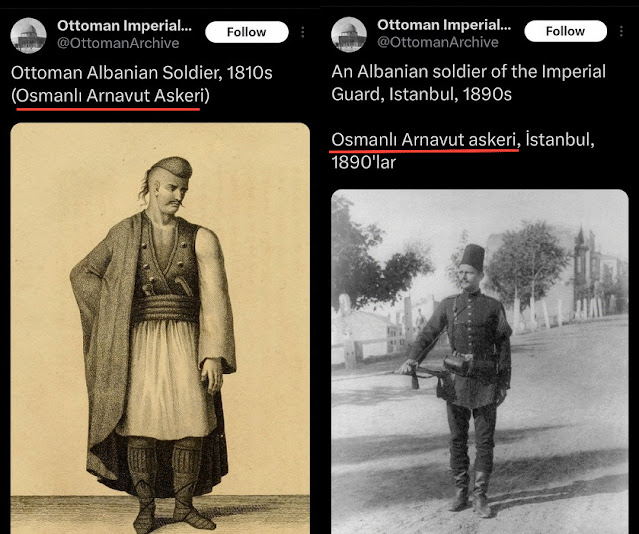The French Institute of Phonétique director journey to Epirus - Udhetimi I Drejtorit Te Institutit Francez Te Fonetikes ne Epir
Hubert Octave Pernot (1870–1946), a French linguist, was an expert in Modern Greek studies. Psycharis and Émile Legrand were his teachers in Paris. From 1924 to 1930 he was the director of the Archives de la Parole and the Institut de Phonétique (later known as the Musée de la Parole et du Geste -Museum of Speech and Gesture). He was the first director of the Institut Néo-Hellénique, which he founded at the Sorbonne in 1919.
In 1928 Pernot published his journal Revue de Phonetique.
Hubert Octave Pernot (1870–1946), një gjuhëtar Francez, ishte një ekspert në studimet e Greqishtes moderne. Psycharis dhe Émile Legrand ishin mësuesit e tij në Paris. Nga viti 1924 deri në vitin 1930 ai ishte drejtor i Archives de la Parole dhe Institut de Phonétique (më vonë i njohur si Musée de la Parole et du Geste - Muzeu i të Folurit dhe Gjesteve). Ai ishte drejtori i parë i Institutit Neo-Hellénique, të cilin e themeloi në Sorbonë në vitin 1919.
Në vitin 1928 Pernot botoi revistën e tij Revue de Phonique.
Hubert Pernot and a group of French-Greek scientists conducted the first significant scientific recording effort of Greek vocal and musical traditions in 1930. He visited Greece, Epirus Macedonia, Thessaly, and Anatolia, where he recorded and published the Greek music and songs of those regions.
Hubert Pernot dhe një grup shkencëtarësh Franko-Grekë kryen përpjekjen e parë të rëndësishme shkencore për regjistrimin e traditave vokale dhe muzikore Greke në vitin 1930. Ai vizitoi Greqinë, Epirin, Maqedoninë, Thesalinë dhe Anatoline, ku regjistroi dhe botoi muzikën dhe këngët Greke të këtyre rajoneve.
Here is one of Pernots discs with Epirote dances. We have posted the music of some of them on Twitter but we may post them on YouTube.Hubert Pernot also travelled to Chios. In his studies he compared the Greek dialect of Chios with that Epirote.
Hubert Pernot also studied the Language of the Bible. In 1938 he wrote "Recherches sur le texte original des Evangiles" (Recherches on the original text of the Gospels) and makes it clear that the Greek language in the Bible cannot be ignored.









